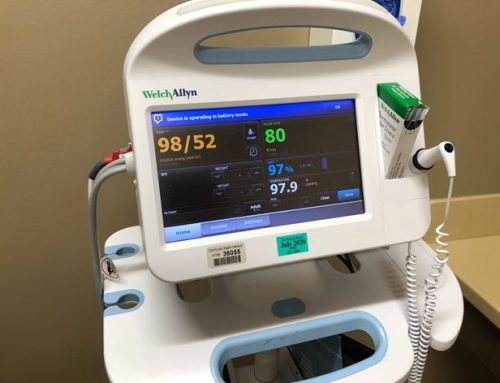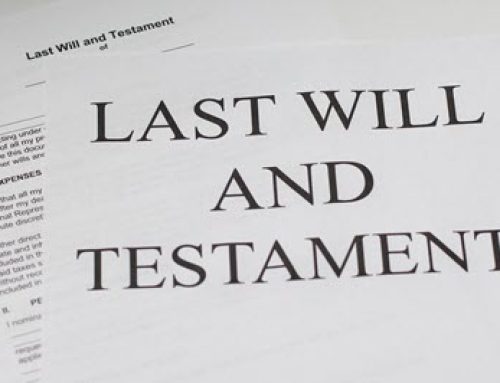Question: I know I should leave the passwords for my computer / files / email / social media with my estate plan. What is the best way to do this?
Answer: Store a list of your important passwords somewhere safe that isn't on your computer.
More and more people are using their computers to store their important, personal information. For example, if you use financial accounting software, it may be next to impossible to settle your estate without being able to access that information. However, because of the sensitive nature of this information, you may have your files computer password protected. Also, things like your social media accounts and your email may need to be accessed after your death. Sure, your family can spend hundreds of dollars to hire an expert to decrypt your information, but the better solution is to leave your passwords somewhere that your loved ones will find.
The goal is to keep your passwords secure during your life, but readily accessible after that. Here are some options we suggest:
- Put a list of all of your passwords and accounts in your estate planning portfolio. When you keep everything together in one central location, it makes it much easier for your loved ones to follow your instructions and wishes.
- Put a list of your passwords and accounts in your safe deposit box. If you don't have one, ask the lawyer to drafted your Will to store it with your client file.
- Tell your personal representative or spouse about your passwords and accounts.
- Don't include your password in the text of your Will. You may have to change your password, which would then require you to amend your Will. Also, when your Will is entered into probate it becomes a public record. You don't want your passwords to be public record.
- Avoiding the issue by using an obvious password is not a good idea. Even though it might be obvious to you, it may not be obvious to your loved ones. An example of an obvious password with be your pet's name, your children's name or birthdate, or your name or birthdate.
- Don't store your password list on your computer. If your computer is password protected, your loved ones won't be able to access the list.






Leave A Comment